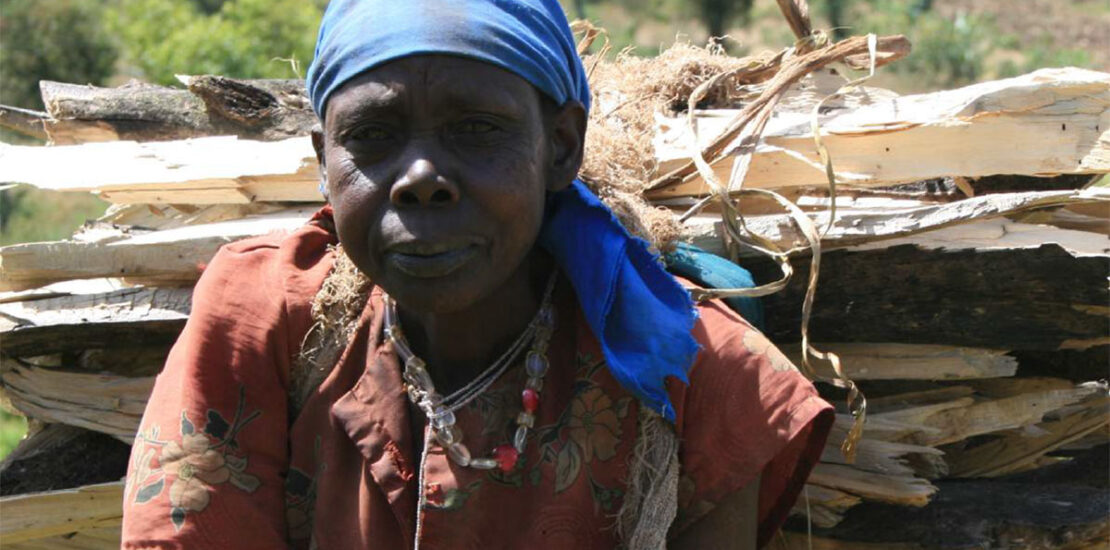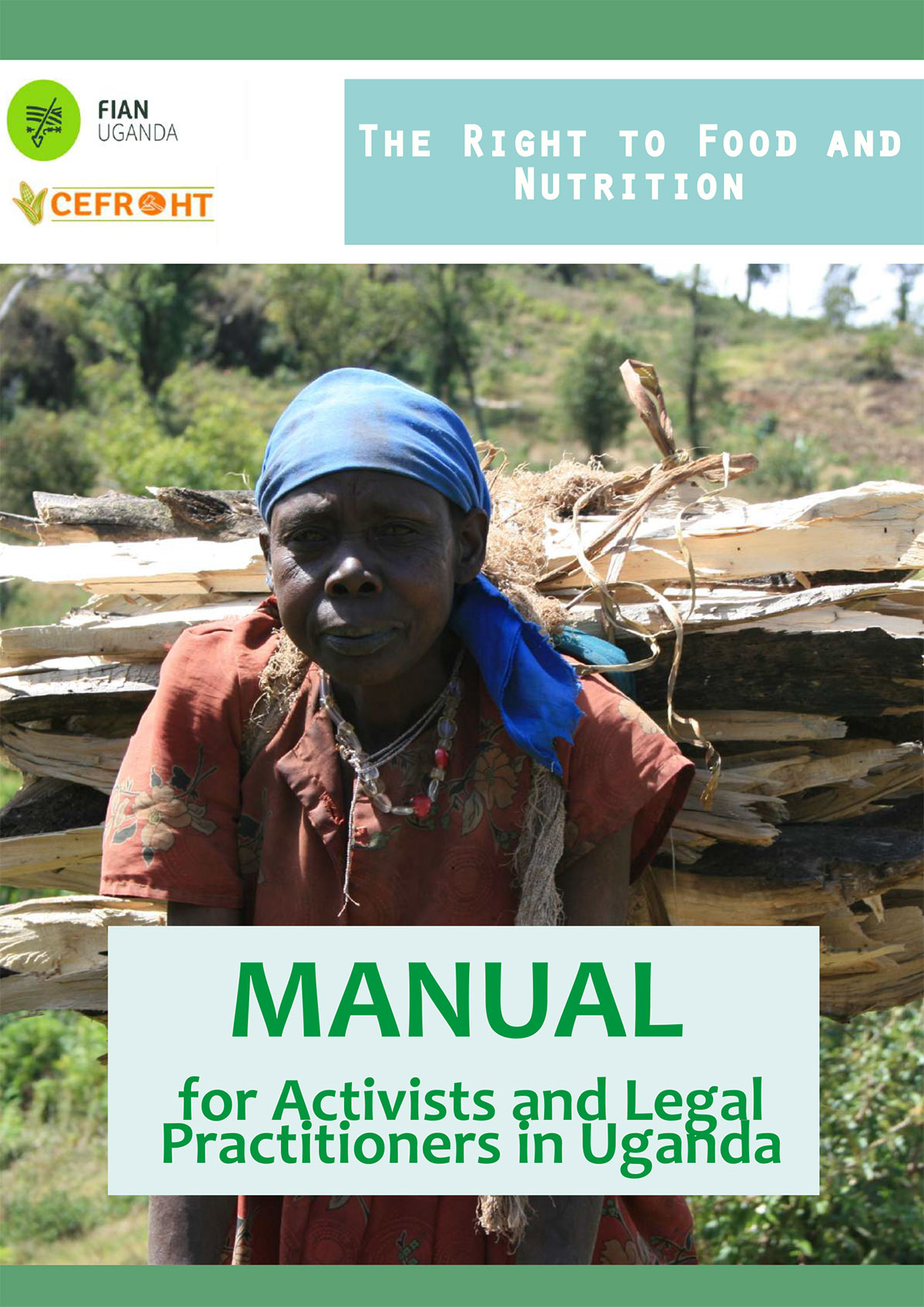Advancing the Right to Adequate Food and Nutrition in Uganda: A Manual for Legal and Activist Practice
- September 2, 2019
- Posted by: CEFROHT Reporter
- Category: Publications

Advancing the Right to Adequate Food and Nutrition in Uganda: A Manual for Legal and Activist Practice

This manual provides a comprehensive guide for activists and legal practitioners in Uganda to promote, protect, and enforce the right to adequate food and nutrition. It outlines the legal, policy, and practical frameworks at international, regional, and national levels that underpin this fundamental human right. The document begins by contextualizing food, nutrition, and livelihood within Uganda, highlighting issues such as food scarcity, vulnerability, and malnutrition, with specific examples from regions like Karamoja.
It delves into public international law, explaining the sources and mechanisms available for human rights enforcement, including treaty-based and charter-based systems under the United Nations and the African Union. The manual emphasizes the obligations of states to respect, protect, promote, and fulfill the right to food, breaking down these duties into actionable components such as obligations of conduct and result, and the principle of progressive realization.
The content of the right to food is detailed through elements of adequacy, availability, accessibility, and sustainability, supported by interpretations from General Comment No. 12 of the UN Committee on Economic, Social and Cultural Rights. The manual also explores strategic approaches for advocacy, research, capacity building, and litigation, providing comparative jurisprudence from countries like South Africa, India, Argentina, and Pakistan to illustrate successful legal strategies.
Finally, it identifies key government institutions, UN agencies, and non-governmental organizations working on food issues in Uganda, offering practical resources for collaboration and action. This manual serves as an essential tool for those committed to using legal and advocacy channels to combat hunger and malnutrition and to uphold the right to food as an indivisible component of human dignity and social justice.
